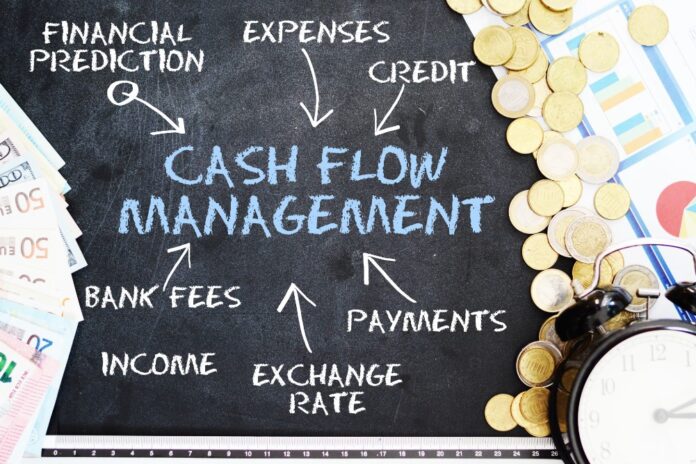Cash flow management is essential for a successful business. Letting your cash flow get out of control can cause financial difficulties. Finding yourself overdrawn, needing payment, and not getting it can halt your business in its tracks.
While some issues are inevitable due to customer or client slow-down, some are within your control. It’s essential to remain proactive to successfully deal with this.
Here are some of the best cash flow management tips you need to know to keep your business going and running smoothly.
Identify Your Cash Flow Sources
When it comes to effective cash flow management, one of the most important steps is to identify your cash flow sources. This includes identifying which customers pay regularly and on time.
Tracking the payments received, and notifying those customers when payments are due. Having outlined procedures for billing customers and collecting payments is essential.
It’s also important to establish a framework to track and review your cash flow projections. It’s also a good idea to keep reserves of working capital on hand, in case cash flow becomes strained during unexpected circumstances.
Focus on Necessary Expenditures
Another tip is to focus on necessary expenditures. Necessary expenditures include items like food, rent, and bills. These should always come first when it comes to budgeting.
Make sure that you save as much as you can for future transactions and don’t be afraid to put some money aside for emergencies. Cash management isn’t always easy. But if you focus on your necessary expenditures then you will be able to make better financial decisions.
Automate Financial Record Keeping
Automation of financial record keeping can be a great way to help streamline the process of tracking and monitoring cash flow. Use financial software to automatically track expenses, and income, and to create reports.
Automation will save you time and you can view real-time data to make adjustments as needed. Invest in a reliable accounting system to keep track of accounts receivable and payable.
Automate recurring billing, invoicing, and payments so you don’t miss monthly payments. Outsource bookkeeping services to a reliable company and use an online platform to collaborate and track payment details. Use digital payment options for faster and safe money transfers.
Use Budgeting Software Tools
Utilizing budgeting software tools can help ensure that cash is managed in a way that meets long-term goals. They can help businesses create budget projects.
To take full advantage of the organization’s income, assets, and outgoing payments. They can help analyze current financial situations. Identify budget issues and plan for future financial needs.
Leverage Investing and Debt Consistently
Leverage investing requires an understanding of risk and the ability to strategically use debt to maximize return on investment. To achieve the most success, be sure your investments are well diversified.
Analyze the impact any debt consolidation might have on your finances. You can check more about business debt consolidation for better spending management.
Make sure you’re taking advantage of market trends and don’t overextend yourself. Be sure to pay attention to interest rates as they can make a huge difference to your small business’s cash flow and wealth.
Have a Better Cash Flow Management
Cash flow management is essential for every business, especially during tough times. Following the recommended tips can ensure that your business has adequate liquidity.
Take advantage of potential tax savings, and create a healthier, more profitable business. And lastly, take action now to start managing your cash flows and maximize the potential for business success.
Would you like more business tips? Check out our blog to learn more.










